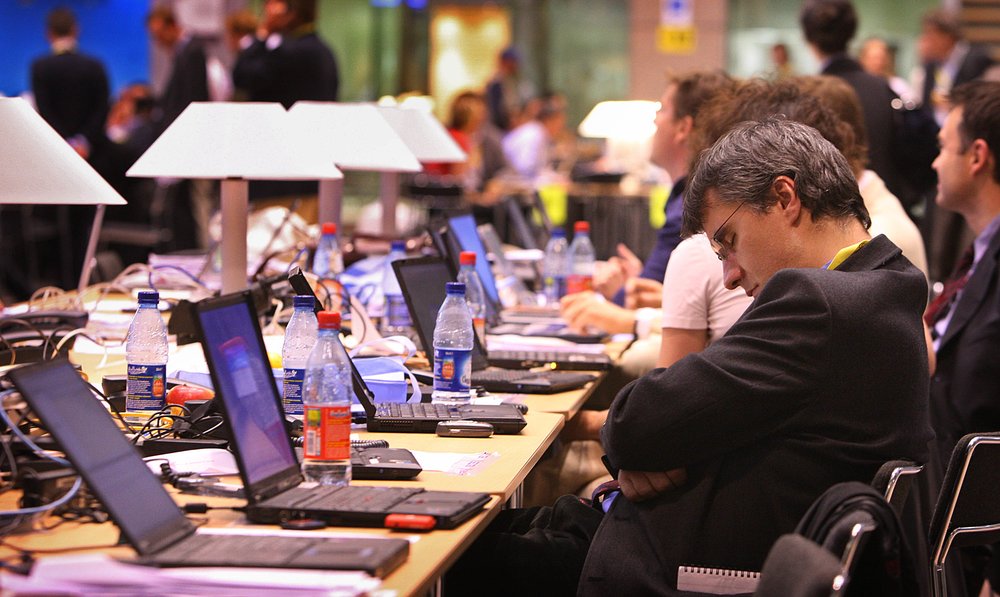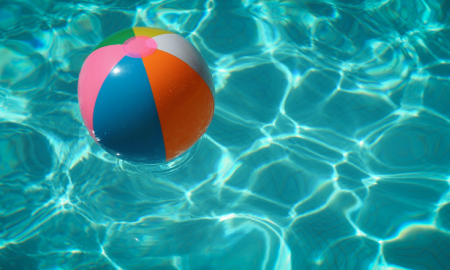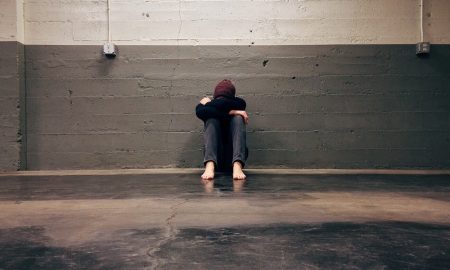
How Can Sleep Deprivation Create An Imbalance In Your Brain?

Everyone can feel sluggish on a morning after a night of sleep deprivation and studies conducted to understand the phenomenon have suggested why this is a common problem. The cells within your brain also begin to feel sluggish and the resultant effects are likely to make you distracted and forgetful.
Researchers conducting the study discovered that sleep deprivation made it difficult for brain cells to communicate effectively leading to temporary memory lapses which affected the memory of the individual and their visual perception. To put it simply, the studies offered clues about why a night without sleep made it so difficult to think and concentrate on the following day.
What Were The Findings Of the Research On Sleep Deprivation

Sleep Deprivation Can Take Away The Ability of the Neurons Within the Brain To Function Effectively.
A senior study author of the research Dr Itzhak fried who is a professor of neurosurgery at the University of California, mentions that the discovery helped them to understand that sleep deprivation also takes away the ability of the neurons to function effectively. It paved the way for cognitive lapses in the way things are perceived along with our reactions to our surroundings.
In order to study the effects of sleep deprivation, the researchers had recruited participants with epilepsy that prepared for a surgery unrelated to the study and had electrodes implanted in their brains. The electrodes allowed researchers effectively to monitor hundreds of brain cells.
The participants were required to remain awake for an entire night and during this time measurements of the participant’s brain activity were taken by the researchers when they were carrying out certain tasks. The participants were assigned tasks such as categorizing images of faces, places and animals within the shortest possible time. Every image caused cells in certain areas of the brain to produce electrical activity which was distinctive. The researchers were specifically focusing on brain cell activity within the temporal lobe that regulates visual perception and memory.
They discovered that when the participants become tired, they found it challenging to categorize the images because their brain cells had begun to slow down.
Researchers Fascinated By Their Observations About Sleep Deprivation
The researchers were fascinated to understand how sleep deprivation had the potential to dampen the activity of the brain cells. They observed that the neurons in the brain responded slowly unlike the usual rapid reaction, their transmissions dragged on longer and most importantly, the neurons fired weakly. The researchers also discovered that sleep deprivation can affect some areas of the brain more than the others. Regions of the brain that had slowed down were exhibiting brain activity which is normally observed when a person is sleeping. The phenomenon suggested that while certain regions of the participant’s brain were dozing and causing mental lapses other regions of the brain were awake and functioning as usual.
Additionally, the findings also suggested that sleep deprivation can interfere with the ability of the neurons within the brain to encode information and translate inputs of the visual kind into conscious thought. The information led the researchers to believe that when a driver who was suffering from sleep deprivation saw a pedestrian in front of the car he or she may take longer to realize or they are seeing because of their tiredness.
Comparisons of the research were also made with the effects of sleep deprivation to the problem of drunk driving. The researchers concluded that sleep deprivation exerts a similar influence on our brain as having too much alcohol. However, there are no legal or medical standards to identify tired drivers on the road similarly as methods are used for target drunk driving.

Sleep Deprivation Is A Problem That Needs to Be Dealt with By the Individual Affected.
The lack of sleep can have a profound effect on our brain and cause us to react slowly simply because the neurons in the brain are not functioning effectively. We do not realize what we are visualizing and also react differently to our perceptions of our visualizations. This is perhaps the reason why researchers have been claiming that the human body needs eight hours of sleep every day without exceptions but our stressful lives make it impossible for most people to get the rest they deserve and continue to subject their body to the problems of sleep deprivation.
Will things change now since the information is available in a public domain? Well, the governing authorities of the country will not have any regulations in place to coerce people to get the sleep needed by the body and no plans to introduce such laws have even been discussed. Under the circumstances, it will be the responsibility of every individual to take care of his or her body by making every effort to get adequate sleep whenever possible.
More in Health & Fitness
-
`
4 Simple & Efficient Tips to Keep Your Skin Glowing This Winter
If you are someone who has a proper skincare routine, you must be bothered by dry skin in winter. Do you...
November 2, 2023 -
`
Summer Vibes: 5 Ideas for Unforgettable Hangouts with Friends
Summer is the season for outdoor fun and creating unforgettable memories with friends and loved ones. Whether you’re looking for a...
July 5, 2023 -
`
What Do These Skin Problems Tell about Your Health Condition?
Some medical conditions are tricky to spot simply because they are hidden and almost show no symptoms. However, they can manifest...
June 13, 2023 -
`
Wellness Tips to Help You Get Rid of Your Winter Blues
Winters can be a tough season not just for our body but also for our mental health. The sun rises later than usual...
May 7, 2023 -
`
Exploring the Latest Skin Care Trends: What’s Hot and What’s Not in 2023
The world of skin care is constantly evolving, with new ingredients and treatments popping up every year. With so many different...
April 24, 2023 -
`
Celine Dion Values Her Skin So Much That She Dropped $2 Million For This Device!
Utmost focus has been given to skincare, especially during this quarantine season, as more and more people opt to take care...
April 11, 2023 -
`
Samuel L. Jackson is a Vegan and He’s Not Ashamed to Admit it
Samuel L. Jackson, the iconic Hollywood actor, has been expressing his preference for vegan eating since August, 2018, due to some...
April 6, 2023 -
`
Terry Crews Uses THIS Technique to Maintain his Impressive Physique
Crews is a big boy. The Brooklyn Nine Nine actor maintains his weight at 245 lbs and being this bulked up...
April 5, 2023 -
`
The Most Famous Procedures in the Plastic Surgery Capital of the World
If you think that the United States is the place where the most number of cosmetic surgeries in the world happen,...
April 5, 2023















You must be logged in to post a comment Login